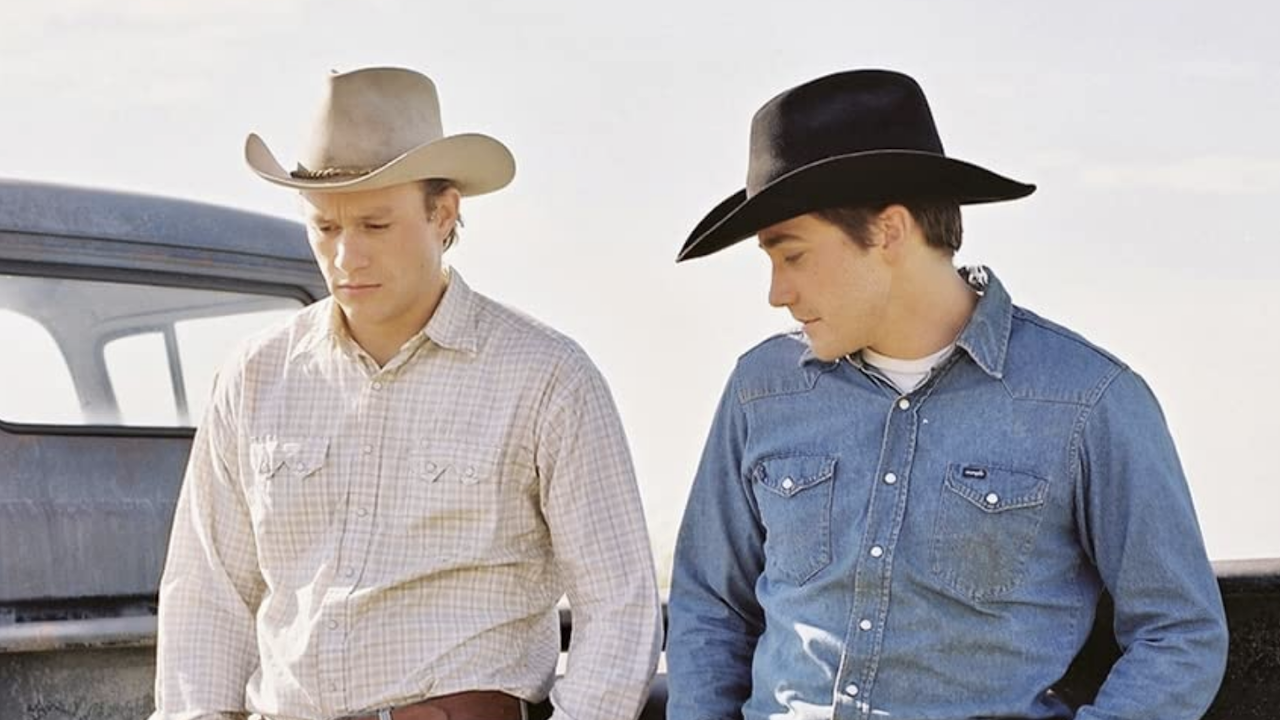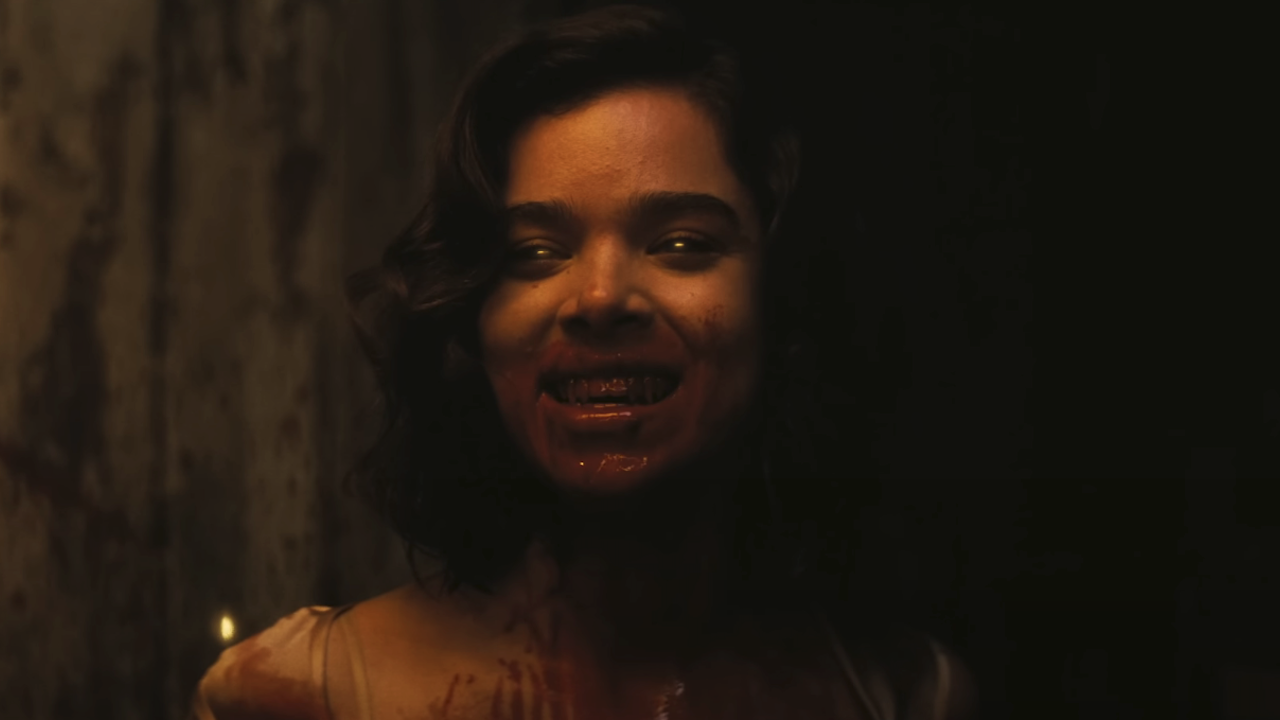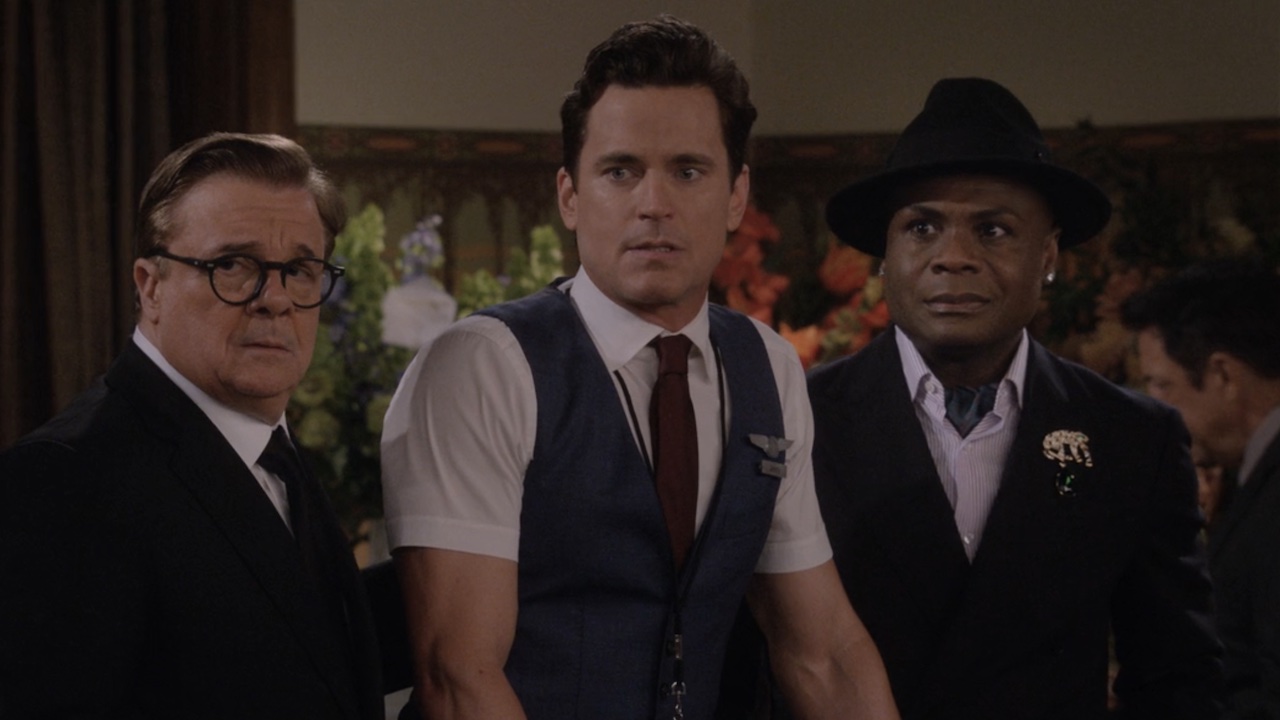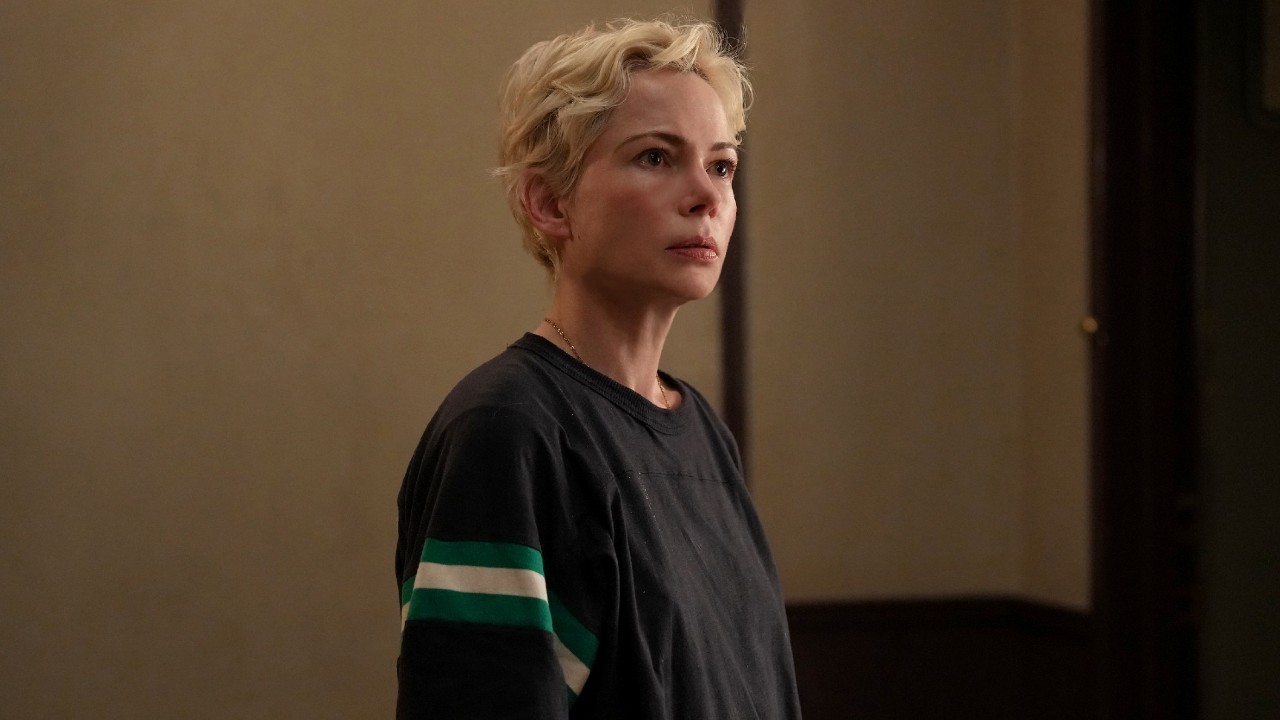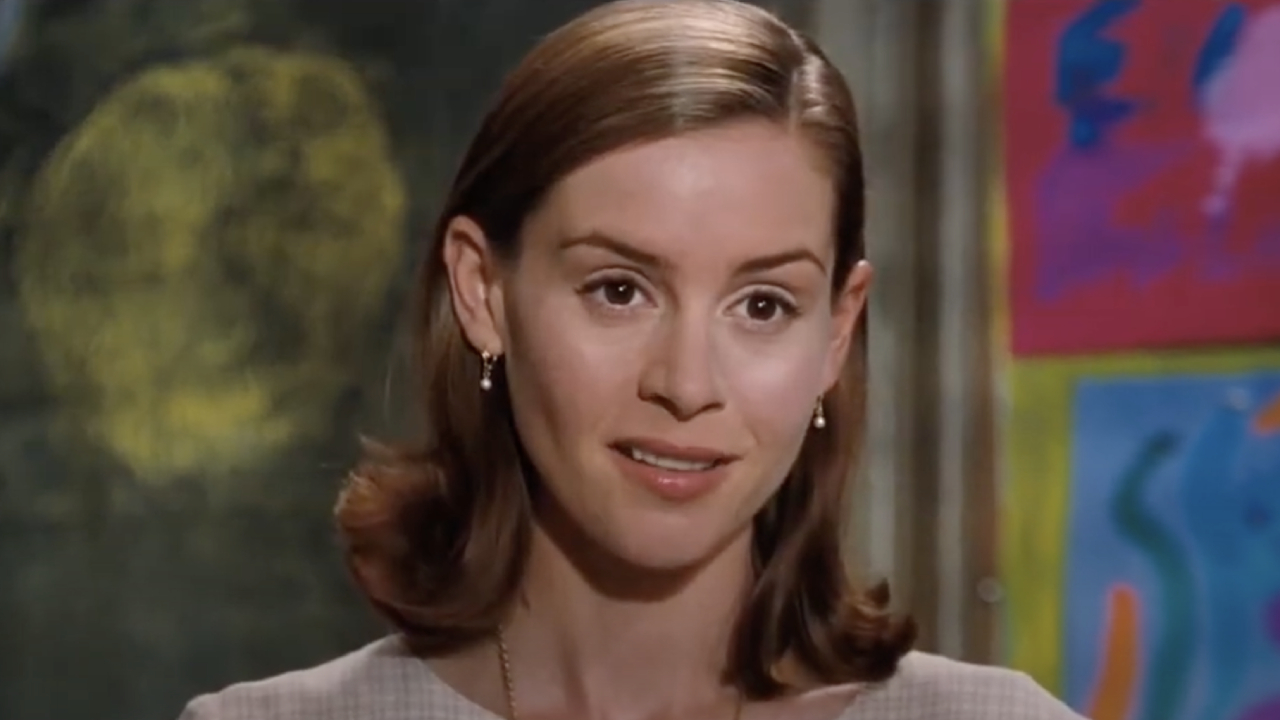Billie Holiday: What To Know About The Singer Ahead Of The United States Vs. Billie Holiday
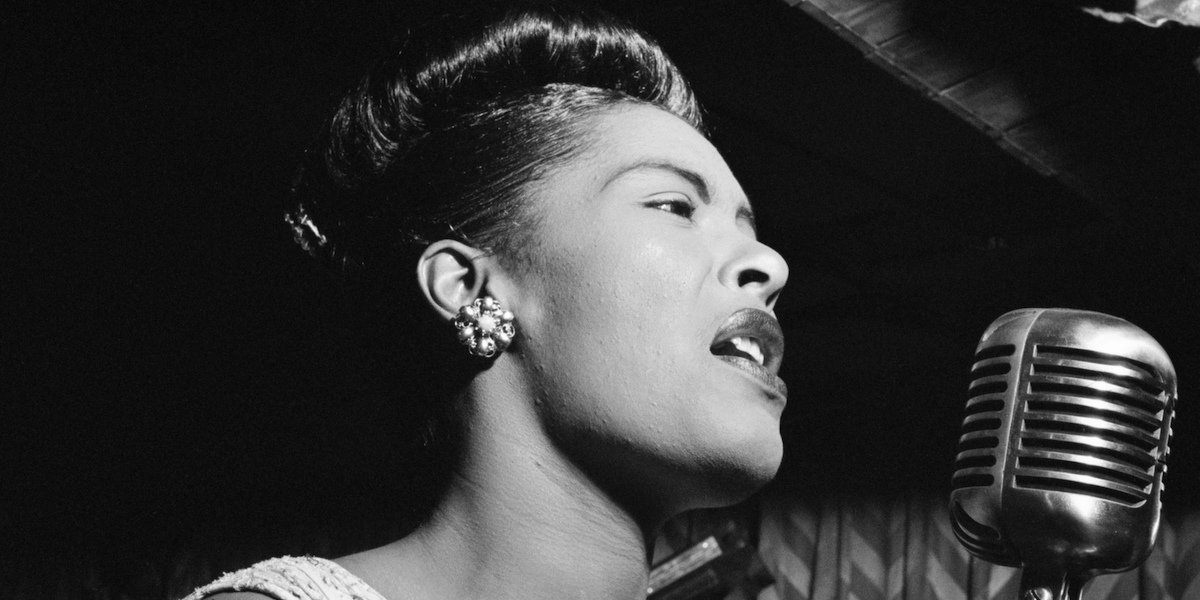
Grammy-nominated pop sensation Andra Day becomes legendary jazz sensation Billie Holiday in her first major acting role in a motion picture. She has already received a Golden Globe nomination for her lead performance in The United States vs. Billie Holiday, which will be made exclusively available to stream on Hulu on Friday, February 26, 2021.
The United States vs. Billie Holiday, from Precious and The Butler director Lee Daniels, is not the first that has aimed to dramatize Billie Holiday’s life story, which would be 1972’s Lady Sings the Blues starring Diana Ross and Billy Dee Williams. However, the new biopic sheds light on one specific and traumatically unjust era in the singer’s already troubled legacy behind the curtain. To prepare you for The United States vs. Billie Holiday’s retelling of one of the most shocking stories in entertainment history, allow me to clue you in on the truth, as well as five other facts about the celebrated songstress, starting with her less than fruitful roots.
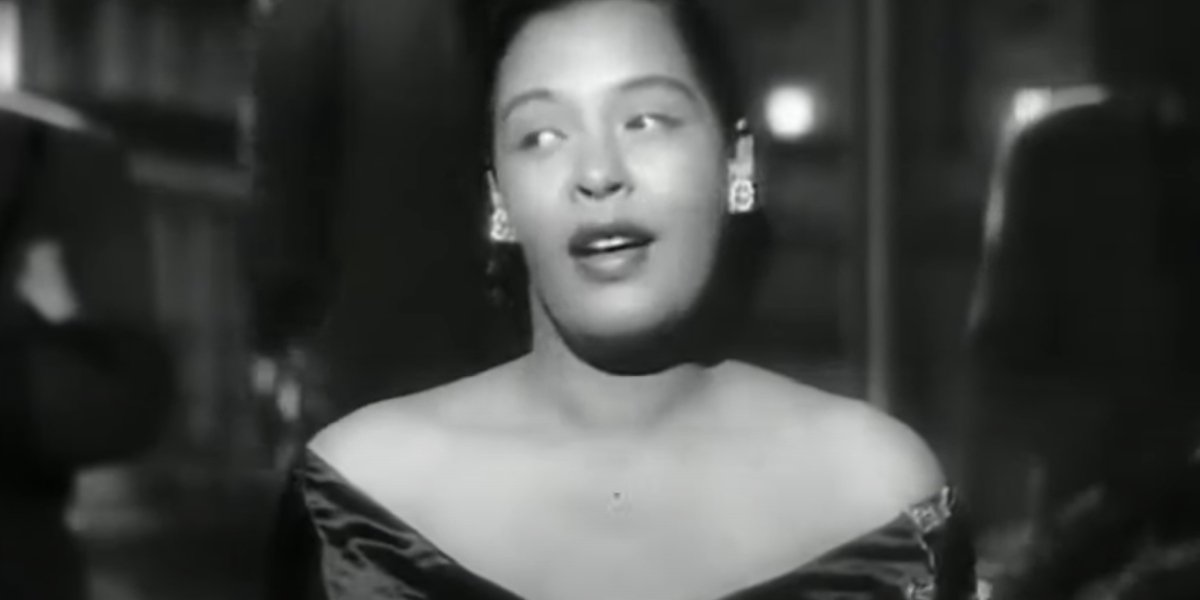
Billie Holiday’s Estranged Father Was Jazz Musician Clarence Holiday
On April 7, 1915, Billie Holiday was born Eleanora Fagan (or "Elinore Harris" as her birth certificate reportedly reads) to an unwed, teenage mother named Sadie. While the last name "Holiday" was essentially just part of her stage name (which was also partially inspired by actress Billie Dove), it is still technically a family name as her father, who was barely a part of her life, was Clarence Halliday - better known as "Clarence Holiday" among the various jazz orchestras which he played rhythm guitar for.
Clarence Holiday led a successful music career from the late 1920s and mid-to-late 1930s until he was drafted into War World I, during which an exposure to mustard gas eventually caused his death on March 1, 1937. Billie would later claim that that she was reminded about her father's inability to receive proper medical treatment at the time by her signature ballad "Strange Fruit," but more on that song later.
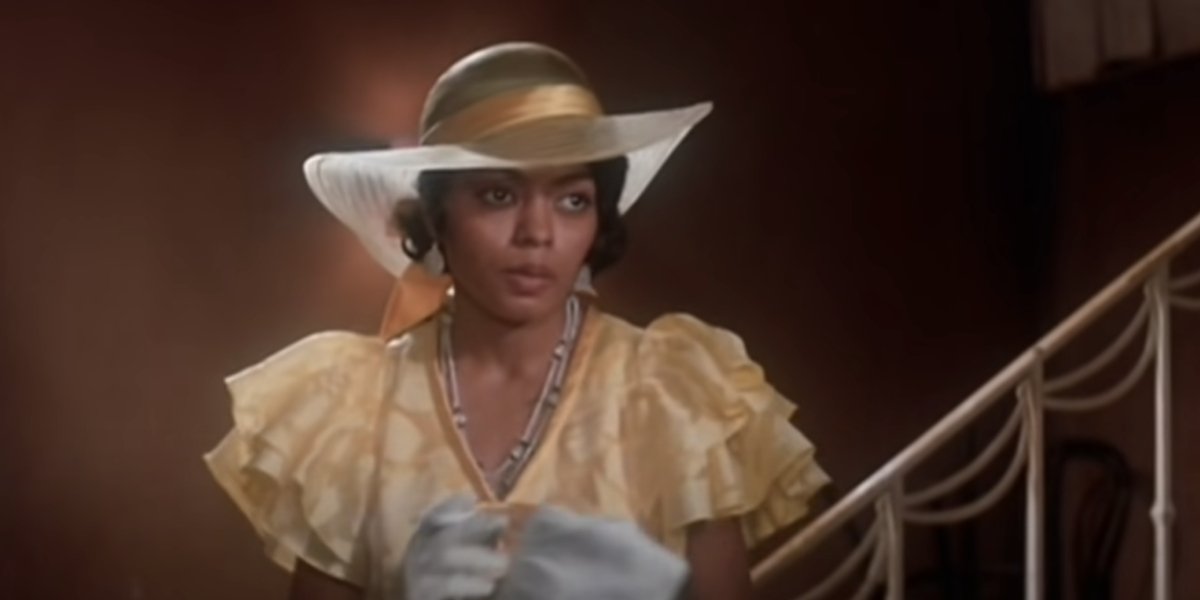
Billie Holiday Was Sent Away From Her Mother As A Child And Later Worked At A Brothel
As previously mentioned, Billie Holiday's mother, Sadie, gave birth to her daughter at just 13 years old. Unfortunately, Billie's own childhood would include struggles, including being separated from her mother and later taking a job at a brothel.
In 1927, after young BIllie was sent to live at the Catholic House of the Good Shepherd when Sadie was deemed an unfit parent, upon her release, she began to perform chores for a local brothel before becoming one of its own sex workers. The brothel was later raided, at which point Holiday was arrested and spent nearly four months locked up in a work house. Once she got out, her pursuit of a singing career began, but her legal troubles were far from over.
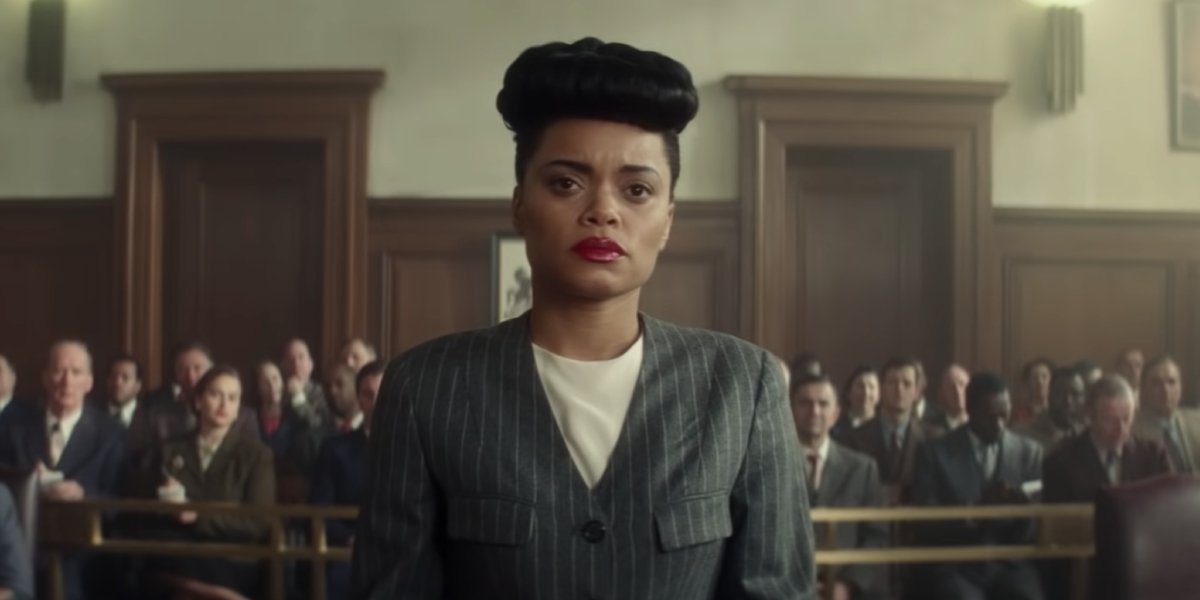
The Song “Strange Fruit” Made Billie Holiday A Target Of The Federal Bureau Of Narcotics
As I mentioned earlier, the 1939 hit "Strange Fruit" is one of Billie Holiday's most famous songs, and for much more than its rhythm. The lyrics are an indictment on the history of lynching black people in America, which immediately made her a target of Harry Anslinger - the commissioner of the Federal Bureau of Narcotics and a vehement racist.
When the FBN warned Billie Holiday not to sing this anti-white supremacy ballad, she continued to perform it and was unwilling to allow her voice to be silenced. Believing the singer to be the ultimate threat to his country, Harry Anslinger fought back, and would continuously pursue her, incriminating by using her best-known flaw against her: her drug addiction.
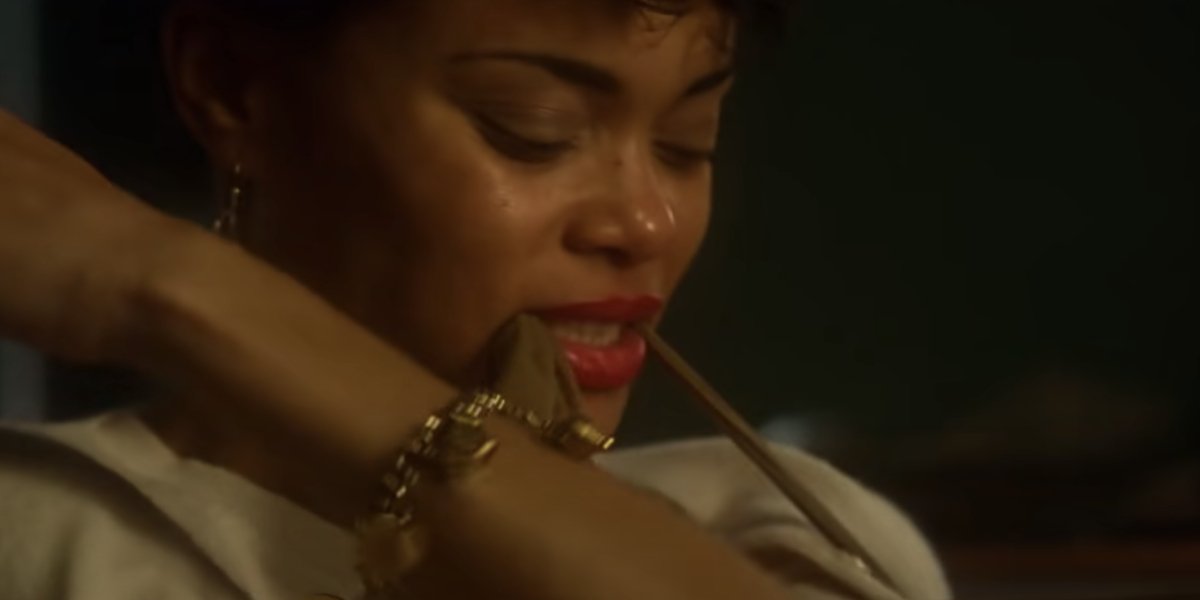
Billie Holiday Lost Her Performing Privileges To Drug Abuse
From her absentee father, sexual assault as a child, and career as a teen prostitute, Billie Holiday had a rough upbringing which drove her to turn to her vices in hopes to forget. Her escape of choice was alcohol and drugs, particularly heroin. Not only would her addiction make her an easy target of the Federal Bureau of Narcotics, but it would greatly affect her career.
In 1947, Billie Holiday was arrested for possession of illicit substances and after spending one year in a West Virginia prison, she returned to find herself unable to perform at many of the stages she frequented due to her conviction. Not to mention, this would not be her last drug-related arrest, nor would it mean the end of her sining career either, however. Despite her inability to obtain a license at clubs and cabarets, she was able to perform at concert halls, such as Carnegie Hall - where she performed not long after she was released from prison.
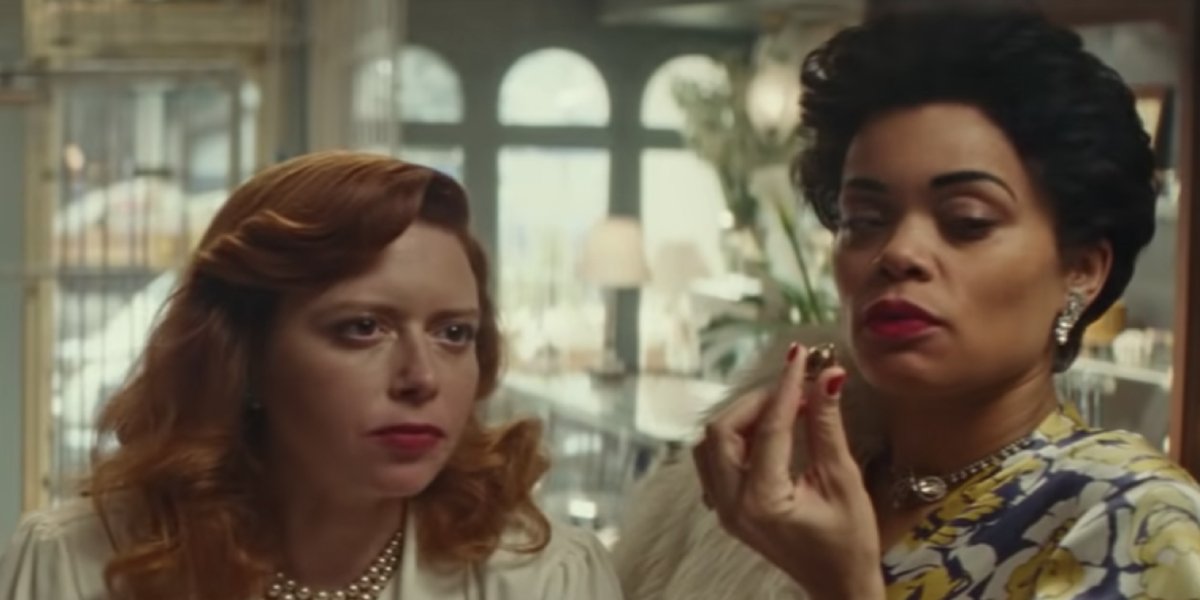
Billie Holiday Was Openly Bisexual
Billie Holiday's struggle with racial discrimination at the hands of a federal law enforcement agency and as well as her drug addiction is heavily touched upon in The United States vs. Billie Holiday. The film also sheds light on her sexual attraction toward both men and women, of which she had no qualms being open about.
Her most high-profile same-sex romance was with Tallulah Bankhead, a renowned actress of the stage and screen during Hollywood's Golden Age. Bankhead is portrayed by Golden Globe nominee and former Orange is the New Black star Natasha Lyonne in The United States vs. Billie Holiday.
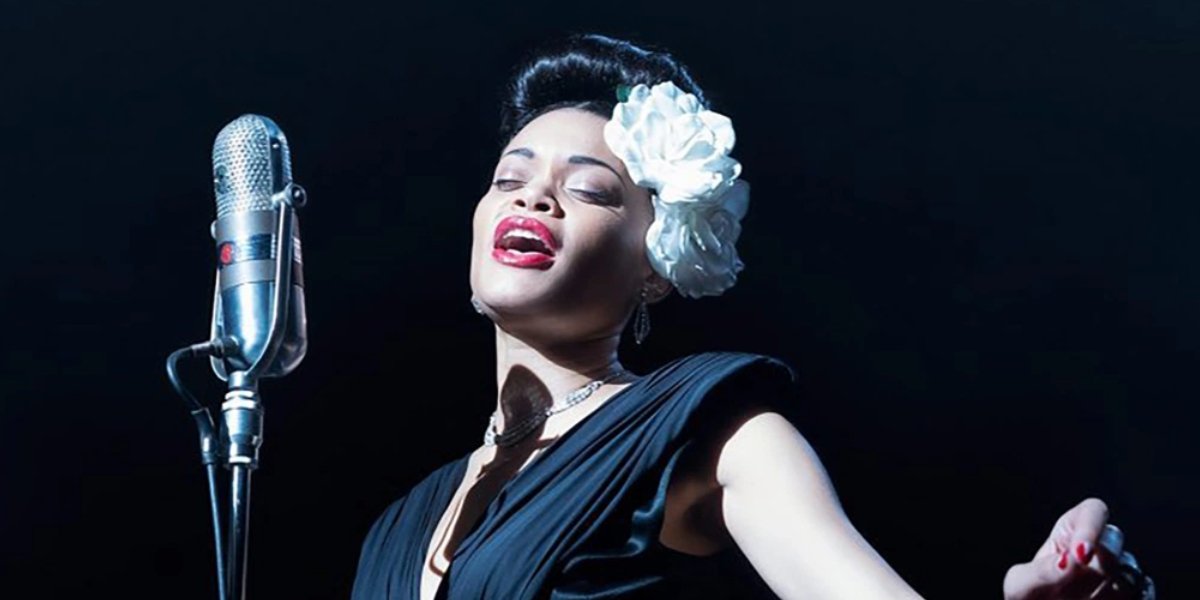
Billie Holiday Continues To Receive Recognition For Her Talent
While her life was not without its trouble, her legacy in the world of music practically goes unblemished. Billie Holiday's passion for the art and ability to use it as a weapon for civil rights has earned her the reputation as one of the most inspirational and important icons of her craft long after her death on July 17, 1959.
The singer was inducted by Diana Ross, who portrayed her in Lady Sings the Blues, into the Rock and Roll Hall of Fame in 2000. Two years later, a compilation of her recordings called Lady Day: The Complete Bille Holiday won the Grammy Award for Best Historical Album and she was given a spot in the Nesuhi Ertugan Jazz Hall of Fame in 2004.
In addition to her music and her influence on jazz and music in general, Billie Holiday's legacy now also lives on through two dazzling onscreen portrayals, the most recent being Andra Day in The United States vs. Billie Holiday. The singer reportedly went as far as binge drinking, chain-smoking, and weight loss in order to nail the role. Talk about singing the blues.
CINEMABLEND NEWSLETTER
Your Daily Blend of Entertainment News

Jason Wiese writes feature stories for CinemaBlend. His occupation results from years dreaming of a filmmaking career, settling on a "professional film fan" career, studying journalism at Lindenwood University in St. Charles, MO (where he served as Culture Editor for its student-run print and online publications), and a brief stint of reviewing movies for fun. He would later continue that side-hustle of film criticism on TikTok (@wiesewisdom), where he posts videos on a semi-weekly basis. Look for his name in almost any article about Batman.
